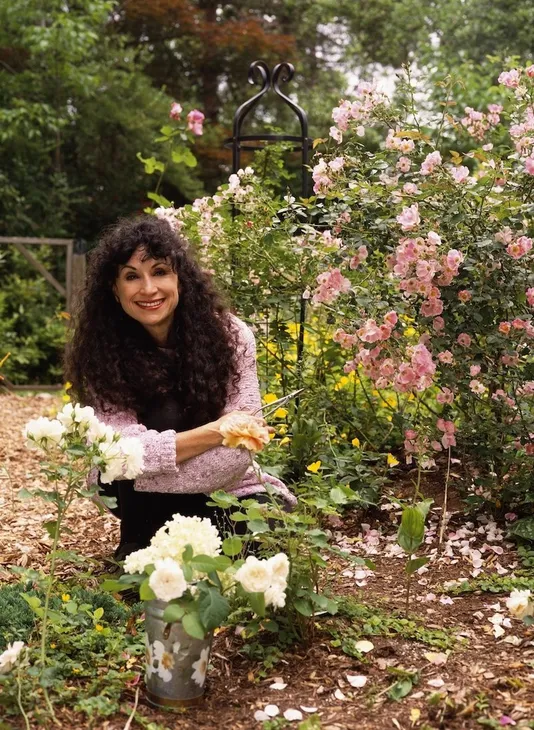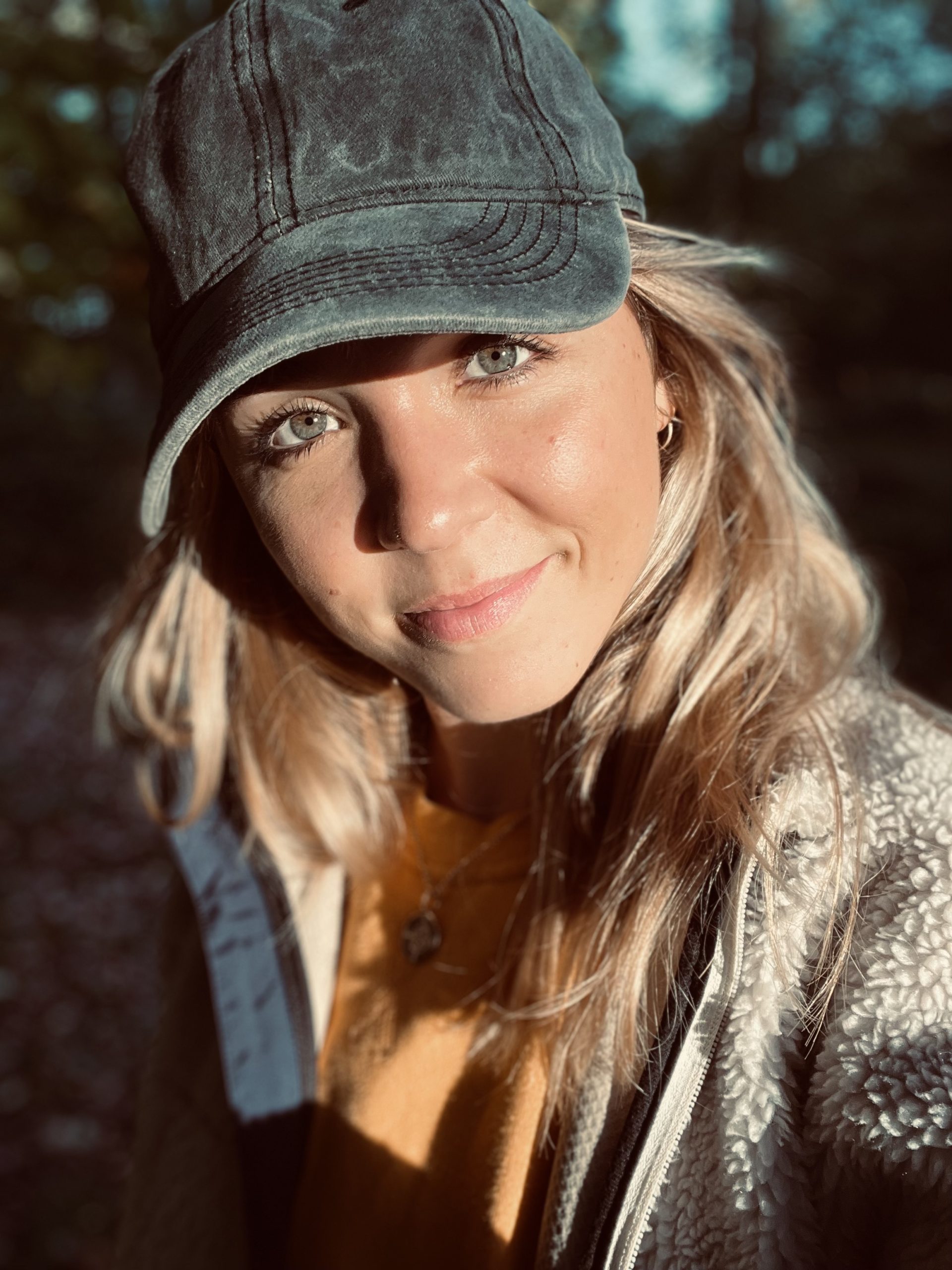ABOUT
The Art of Narrative Nonfiction Level 2, taught by New York Times bestselling author and master teacher Kathryn Aalto, offers an immersive exploration of the craft of nonfiction storytelling. Designed for intermediate writers, this narrative nonfiction writing course is ideal for those looking to refine their skills as future nature, travel, food, profile, or memoir writers. Building on foundational techniques learned in Level 1 courses or the equivalent, it introduces advanced methods and nuanced approaches to help elevate your writing to the next level.
Key Topics Covered
- Structures That Captivate: Explore a range of narrative frameworks, from linear storytelling to braided narratives and circular compositions, learning how to choose and implement structures that best serve your story’s intent and impact.
- Cultivating a Distinct Voice: Dive into the art of developing a compelling and authentic authorial voice. Understand how tone, rhythm, and perspective create a resonance that draws readers into your world.
- Breaking the Fourth Wall: Experiment with techniques that engage readers directly, blending self-awareness and narrative playfulness to blur the boundaries between writer, story, and audience.
- The Ethics of Nature and Travel Writing: Navigate the complex responsibilities of portraying people, places, and cultures with integrity, respect, and a keen awareness of positionality.
- Intermediate Narrative Nonfiction Skills: Hone your ability to weave fact and story seamlessly, balancing research, reflection, and creative prose to craft compelling and meaningful work.
Through a combination of lectures, readings, writing exercises, and feedback, The Art of Narrative Nonfiction Level 2 empowers writers to refine their craft while grappling with the deeper philosophical and ethical questions of storytelling. Whether you’re working on personal essays, travelogues, a book manuscript, or feature articles, this course provides the tools and insights to make your stories both impactful and unforgettable.
Guest Speakers
We are joined by the distinguished, Pulitzer Prize-winning American author, essayist, and poet Diane Ackerman and British writer Sophie Pavelle, an early-career science communicator.
Featured in Kathryn Aalto’s book Writing Wild: Women Poets, Ramblers, and Mavericks Who Shape How We See the Natural World, Ackerman is a renowned author, poet, and naturalist known for blending science and the humanities with ecological consciousness and curiosity about the natural world. Her acclaimed works include A Natural History of the Senses, The Zookeeper’s Wife (adapted into a film), and The Human Age, earning her accolades such as the John Burroughs Nature Award, Orion Book Award, and PEN New England’s Henry David Thoreau Prize. She has had three New York Times bestsellers and was a finalist for both the Pulitzer Prize and National Book Critics Award for One Hundred Names for Love. She is a Fellow of the New York Institute for the Humanities. Learn more at her website Home – Author Diane Ackerman.
Diane Ackerman will be speaking to Kathryn Aalto’s Level 3/4 Narrative Nature Writing course at 7:00 PM GMT on Sunday, March 16. Students from The Art of Narrative Nonfiction Level 1 are invited to hear her speak then.
“I find that writing each book becomes a mystery trip, one filled with mental, emotional (and sometimes physical) adventures. The world revealing itself, human nature revealing itself, is seductive and startling, and that’s always been fascinating enough to send words down my spine. But writing a book is only part of the creative process; the circle completes when it settles in a reader’s heart. I hope you’ll join me on my travels.” — Diane Ackerman
Sophie works with Beaver Trust and was the presenter of their award-winning documentary Beavers Without Borders. She serves as an Ambassador for The Wildlife Trusts and is a member of the RSPB England Advisory Committee. Her writing has been featured in publications such as The Metro, BBC Countryfile, BBC Wildlife, and Coast magazines.
Sophie’s debut book, Forget Me Not (2022), was widely acclaimed, and her second book, To Have or To Hold: Nature’s Hidden Relationships, is set to be released in May 2025.
She visits our class on Sunday, March 2, 2025.
DATES
📅 Time: Every other Sunday, 3:00-5:30 PM GMT
📆 Dates: February 16; March 2, 16, 30; April 13, 27; May 11, 25
📍 Format: Live Online via Zoom
TUITION
💷 Tuition: £595 per term
Invest in your learning journey with a one-time payment.
✉️ Flexible Payment Plans
Contact kathryn@kathrynaalto.com to discuss options.
📜 Terms and Conditions
Review the details of enrolment below before registering.
- Course Overview. The Course provides online instruction in narrative nonfiction with an emphasis in nature writing via Zoom.
- Eligibility and Registration. Participants must be 18 or older and provide accurate registration details.
- Payment Terms. Full payment is required at registration. Payment plans, if arranged, must be honoured regardless of attendance.
- Refund Policy. Refunds are available up to 14 days before the Course start date. No refunds will be issued after this period. Requests must be emailed to kathryn@kathrynaalto.com.
- Course Access. Participants receive the syllabus upon registration.
- Intellectual Property. All Course materials are the property of Kathryn Aalto and cannot be reproduced, distributed, downloaded, or filmed without written permission.
- Conduct and Participation. Respectful and professional behaviour is expected.
- Technical Requirements. Participants need to have a stable internet connection and compatible device.
- Course Changes and Cancellation. The schedule, content, or speakers may be modified. If the Course is cancelled, a full refund will be issued.
- Privacy Policy. Participant information will not be shared.
By registering, you agree to these Terms and Conditions. For assistance, contact kathryn@kathrynaalto.com.
FAQs
1. Are Kathryn Aalto’s courses suitable for beginners?
Yes, all levels of writers. Beginners gain foundational skills in a supportive environment, while experienced writers refine their craft and explore advanced techniques.
- Level 1: Foundational courses for beginners in narrative nonfiction.
- Levels 2–3: Intermediate courses requiring Level 1, a similar course, or by application with a writing sample.
- Levels 3–4: Advanced courses focusing on voice, structure, dialogue, and other nuanced techniques.
2. What kind of feedback can I expect?
Kathryn provides detailed, constructive feedback to improve both technical skills and thematic resonance. Students receive handwritten feedback via a reMarkable device, addressing everything from syntax and language to structure and voice. Her feedback supports, encourages, and challenges students to grow.
3. What assignments or exercises are typical?
Courses include in-class reflective exercises and at-home assignments. Assignments balance variety and independence, encouraging students to explore their own interests.
- Level 1: 2–4 pages each session.
- Level 2: 3-6 pages each session
- Level 3-4: 4-8 pages each session
4. Can taking one course lead to publication?
A single course is a valuable step toward publication, providing essential skills, guidance, and confidence. However, becoming published requires persistence, revision, and industry knowledge. Most successful students take 2–4 courses, participate in workshops, and hone their craft over time, much like an MFA program in narrative nonfiction. While publication isn’t guaranteed, Kathryn’s courses equip you to pursue your goals effectively.
5. Who are my classmates?
Your classmates come from around the globe, creating a diverse, harmonious, and enriching learning community. Students hail from the USA, Canada, the UK, Europe, Africa, Asia, and beyond, offering a broad spectrum of perspectives and experiences.
6. Can I pay tuition in instalments?
Yes, tuition can be automatically invoiced over 2–4 months. Contact kathryn@kathrynaalto.com to arrange a plan that works best for you.
COMMUNITY
Kathryn Aalto fosters a warm, inclusive, and inspiring community in her online writing courses, where students from diverse backgrounds come together to explore their creativity. Her courses are designed to encourage collaboration, thoughtful dialogue, and mutual support, cultivating a space where students feel safe to express themselves and share their work.
Kathryn’s teaching style emphasises empathy and attentiveness, helping students build confidence in their writing while honouring their unique voices. Through guided discussions, personalised feedback, and opportunities for peer interaction, she cultivates a sense of belonging and shared purpose. The communities Kathryn creates are ones of encouragement, growth, and a shared passion for the written word, where each participant is both a learner and a contributor to the collective experience.
TEACHING PHILOSOPHY
“My teaching philosophy is rooted in the belief that education is a collaborative and transformative journey, one that empowers students to explore their creative potential, embrace their unique voices, and engage deeply with the world around them. I am committed to creating a learning environment that is inclusive, supportive, and intellectually stimulating, where students feel encouraged to take risks, ask questions, and challenge themselves.” — Kathryn Aalto
Philosophy
1. Fostering Creative Exploration
I believe that creativity flourishes when students are given the freedom to explore ideas, experiment with language, and push the boundaries of conventional thinking. My role as an educator is to provide the tools, guidance, and encouragement that allow students to embark on this journey of exploration. I strive to create lectures, discussions, and assignments that inspire curiosity and invite students to engage with material in ways that are personally meaningful and artistically daring.
2. Encouraging Critical Thinking and Reflection
I view literature and writing as powerful tools for understanding the human experience, and I encourage my students to engage critically with texts and their own work. By fostering an environment of thoughtful discussion and reflection, I aim to help students develop their analytical skills, deepen their understanding of complex themes, and articulate their ideas with clarity and conviction. I emphasise the importance of considering diverse perspectives and encourage students to question assumptions and explore the ethical dimensions of their writing.
3. Building a Supportive Learning Community
I am deeply committed to cultivating a classroom environment where all students feel respected, valued, and heard. I believe that learning is most effective when it occurs in a community where individuals support and learn from one another. To this end, I prioritise creating a space where students can share their work, offer constructive feedback, and engage in meaningful dialogue. I also recognise the importance of addressing each student’s unique needs and learning styles, and I strive to be responsive and adaptable in my teaching approach.
Strongly influenced by the Harkness method founded at the Phillips Exeter Academy in New Hampshire where my three children graduated, I actively cultivate a learning space that emphasises the art of conversation with active listening, collaboration, and respect.
4. Empowering Student Voices
One of my primary goals as an educator is to empower emerging writers to find and refine their own voices. I encourage them to write with authenticity and confidence, whether they are crafting a new personal narrative as a long-time academic or exploring creative nonfiction from another genre. I believe that every student has a story worth telling, and I aim to help them discover the best ways to tell it. This involves not only developing their technical skills but also helping them overcome any inhibitions or self-doubt that may hinder their creative expression.
5. Lifelong Learning and Growth
I view teaching as a reciprocal process of learning and growth. Just as I seek to inspire my students, I am continually inspired by their insights, creativity, and courage. I am committed to my own professional development as a member of ASLE (Association for the Study of Literature and Environment) and AWP (Association of Writers and Writing Programs), which helps me stay engaged with current trends and debates in literature, writing, and pedagogy. By modelling a passion for learning and a commitment to intellectual curiosity, I hope to instil in my students a lifelong love of learning and a desire to continue honing their craft long after they leave my classroom.
Results
My teaching philosophy is centered on the idea that education is a dynamic and collaborative process. By fostering creativity, critical thinking, and community, I aim to empower my students to become confident, thoughtful, and innovative writers who are prepared to differently engage with the world in reflective and meaningful ways.
After acquiring key skills in narrative nonfiction, I encourage people to apply for awards, submit to publications, and continue keeping personal writing journals. My pro-active stance helps emerging writers find validation of their insights and writing skills outside our nurturing communities.
My students have won numerous awards including the 2022 £10,000 Nature Chronicles Prize with two long-listed for the same 2024 prize. A student won the 2022 Bradt New Travel Writer of the Year and many have been short-listed for literary awards including the Fish Memoir Prize. My students have been published by general and university presses, book trusts, popular magazines, and literary journals.
However, publication and awards are only one measure of success. Learning to embrace the writing process as just one part of leading a contemplative life cannot be measured nor externally validated. There is different and great fulfilment in both.
TESTIMONIALS
“Kathryn teaches with a deep care about the individual student and is very clever about bringing out their voices and passions. She also has an unparalleled knowledge of nature and landscape writing that gives a real gravitas and authority on the subject, a knowledge that she wears lightly without intimidating students, which is a huge strength.” — James Rebanks, author of The Shepherd’s Life and English Pastoral
“I learnt so much from taking Kathryn’s Memoir and Life Writing course. Although I had published a lot of academic work, I was struggling making the transition to writing in a more personal vein and lacking in confidence. I found in Kathryn a superbly knowledgeable and lucid teacher. Through the lectures and class discussion, I learnt how to implement narrative nonfiction techniques and, in just a few weeks, saw my writing become much more engaging and evocative. I also benefited from being part of a supportive and friendly learning community, and building relationships that I expect to last far beyond the duration of the course. Finally, I really appreciated Kathryn’s warmth and positivity, both in the virtual classroom and in her individual feedback. She was an attentive and sympathetic reader of my work, giving clear guidance for improvement while simultaneously building my confidence. The course enabled me to see new possibilities in my writing and I am keen to work with Kathryn again as I continue to develop.” — David, Leeds, England
“After six months of working with Kathryn–which is a bit like entering the space of a handwritten letter, what with her sharp aesthetic sense, far-ranging intelligence, wit, and curiosity–I’ve made tangible progress on an unwieldy, long-form project I was struggling to articulate. I came to her Memoir and Life Writing class for accountability, and came away having experienced the kind of support, writing insight, and real feeling of friendship that can be difficult to find in a workshop environment. Kathryn fostered a warm, charming atmosphere in class (a real feat online), allowing for life-long connections to develop among our group of writers. She cares about the arc of her student’s writing lives–a form of attention that encourages artistic growth and positive risk-taking. She not only brought her years of writing and publishing experience to class and to our bi-monthly writing assignments (her personal feedback, often handwritten, is invaluable), she also brought her unique perspective. Writer-gardener-historians are, I think, particularly adept at imagining the possibilities for a piece, no matter your subject. Kathryn pushed me to dig deeper, moving my writing in new directions. No matter where one is in their writing life, working with Kathryn will be an experience of profound joy, insight, and artistic deepening.“ — Veronica, Portland, Oregon



